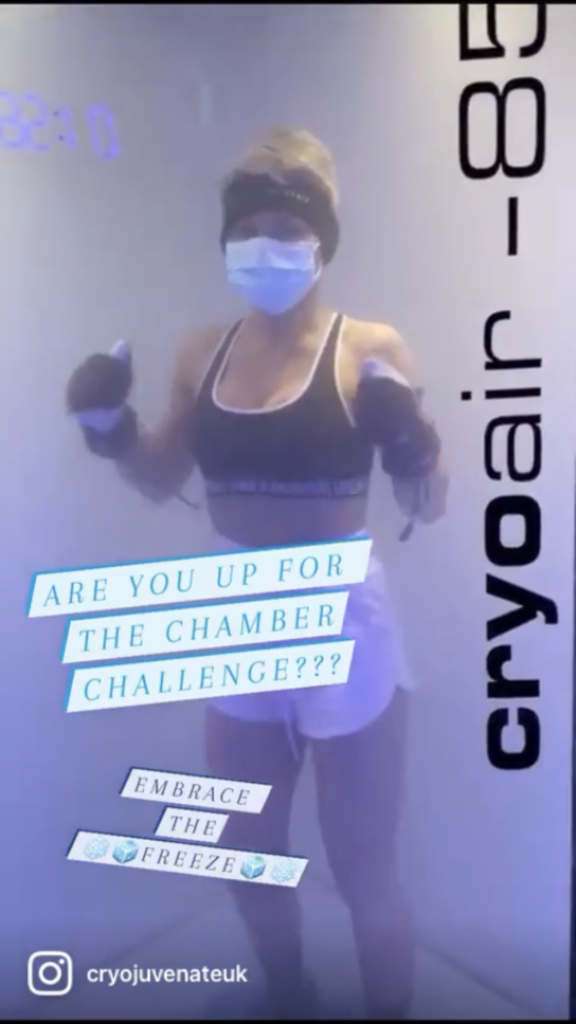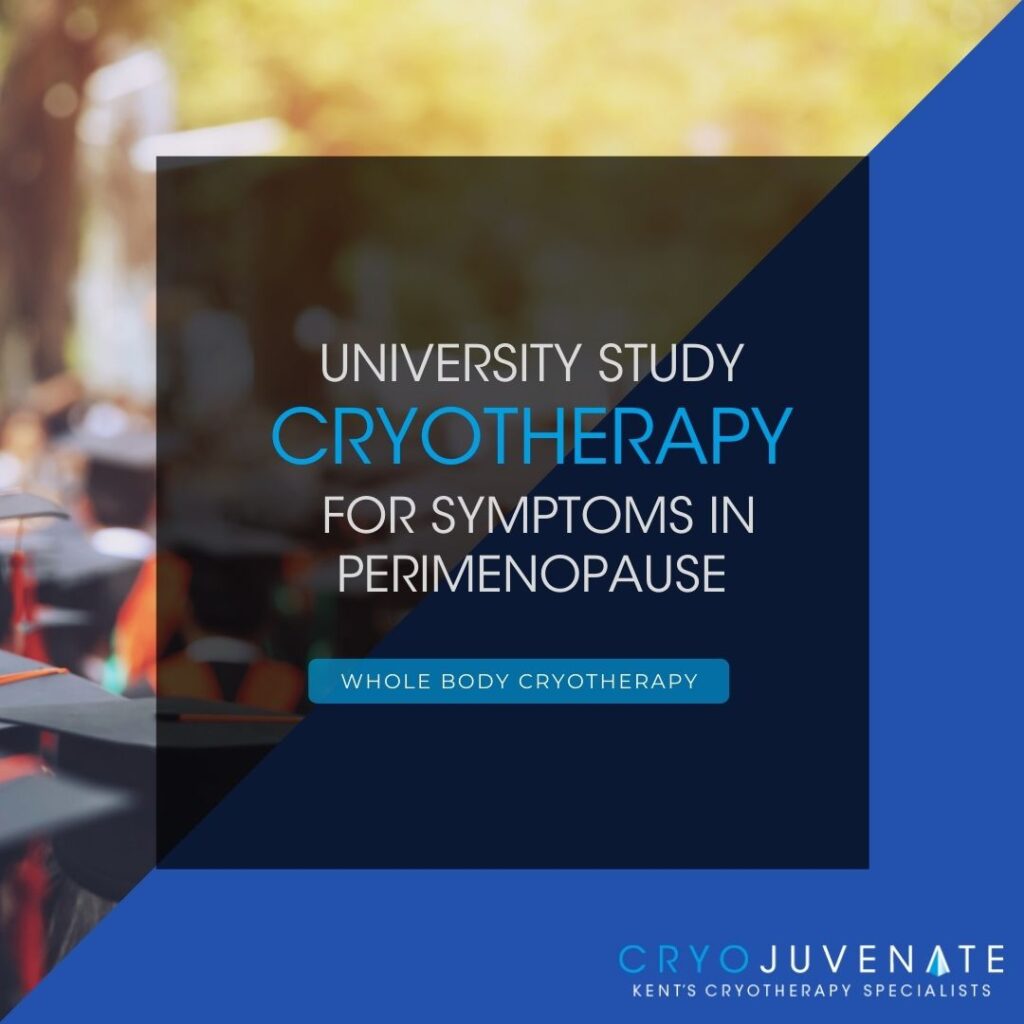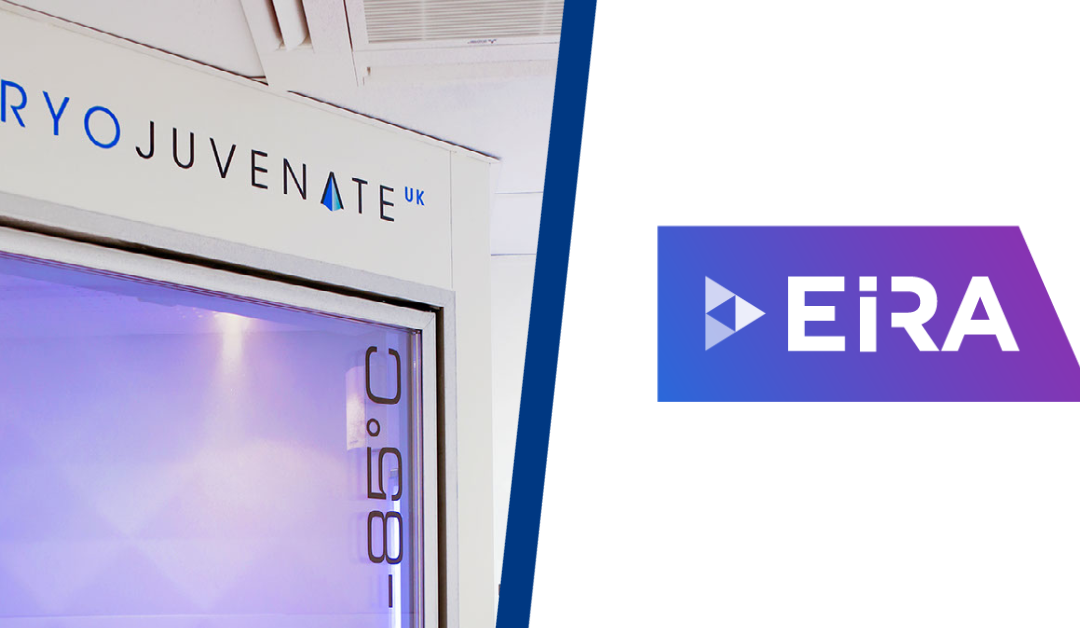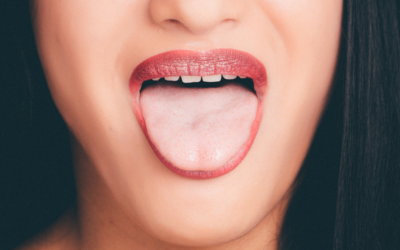The month that everything changed!
In March 2020 when the world was devastated by the Coronavirus; it was The Month Everything Changed, and when businesses had to think outside the box and be creative. It was also the month when the Cryojuvenate Chamber Challenges began and the concept for a perimenopause trial and study was initiated.
So what is a chamber challenge?

Cryotherapy has been in existence for over 400 years in various forms. It is a pioneering therapy and is generally understood to be a therapeutic modality incorporating the use of low temperatures down to as low as -120℃. At Cryojuvenate we have an electrically powered whole body cryotherapy chamber that has temperatures that go as low as -85℃. People use the chamber for wellness, sports recovery, weight loss, and beauty.
So what is a Chamber Challenge? basically, it’s a challenge unique to Cryojuvenate which enables clients to use whole-body cryotherapy on consecutive days (between 5 to14-days) at affordable prices. It was a way to get people out after the first lockdown (when partial services resumed) for health and wellbeing purposes, to help them relieve stress, aches, and pains from sitting at desks at home and somewhere to go.
The uptake was remarkable and the results were even more remarkable, enforcing everything that has been written about cryotherapy benefits.
Testimonials (YouTube)
Client Testimonials 14-Day Challenges
Client Testimonials 10-Day Challenges
Katrina’s challenge: I felt alive when I tried cryotherapy every day for 14 days.
Collaboration with the University of Kent
 With over a hundred people taking part in the challenges (for varying reasons) it became apparent that a pattern was evolving amongst women either already in or approaching perimenopause, their symptoms were improving i.e. reduced hot flushes, better sleep, elevated mood.
With over a hundred people taking part in the challenges (for varying reasons) it became apparent that a pattern was evolving amongst women either already in or approaching perimenopause, their symptoms were improving i.e. reduced hot flushes, better sleep, elevated mood.
This is when we reached out to the University of Kent to explore options of collaboration and explore the possibility of an official Scientific Study because there was little or no existing data collection around this subject area. The aim of the project was to gather data to identify scientifically why people felt these improvements to learn, educate, and potentially use this as a starting platform for further studies.
Fast forward a couple of months, the project was launched, collaborating with Dr. Glen Davison of the University of Kent and EIRA Innovations part-grant funding was approved.
Learn more; background from the previous blog: HERE
“Highlight Results”
- Significant reduction in Saliva Cortisol Stress marker (fight/flight) hormone down 52%
- Acute stress marker- up 25% after 1st session, up 30% after 6th session.
- Sleep scores, overall 40-50% improvement
- Daly QoL (Quality of Life, daily interference levels) down by 51%.
** View more features here: Cryojuvenate YouTube Channel
Further to the completion of this stage of the project, Cryojuvenate was featured as one of the Case Studies celebrating EIRA Innovation Month, please continue reading to learn more about this project as featured in EIRA Innovation Month Biotechnology Week.
Guest Blog: EIRA Innovations
Biotech Week: Cryojuvenate Case Study
Written by Emily Collins | 21 June 2021
Cryojuvenate is a multi-award-winning clinic based in Sevenoaks which offers restorative and therapeutic Cryotherapy treatments including a whole-body cryotherapy chamber, alternative cold therapies, and IV Infusions. Together with Dr. Glen Davison, Reader and Head of the School of Sport and Exercise Sciences at Kent, they designed a study to investigate the effect of whole-body cryotherapy on the alleviation of perimenopausal symptoms.
The Challenge
Perimenopause begins several years before menopause and lasts on average for around 4 years. During this time, 8 in 10 women will experience symptoms that can have a significant negative impact on daily life.
Whilst there is reasonable evidence in the scientific and medical literature that cryotherapy –or cold therapy- has beneficial effects on a number of health and medical conditions, there is nothing specifically related to perimenopausal symptoms. With cryotherapy still in its infancy in the UK and women anecdotally noticing an alleviation of perimenopausal symptoms following whole body cryotherapy, the founder and owner of Cryojuvenate, Ruth Hyde, wanted to determine if cryotherapy had any physiological effects which could make it beneficial as a method to improve quality of life for women.
The Approach
Cryojuvenate worked closely with Dr. Glen Davison, Reader and Head of the School of Sport and Exercise Sciences at Kent, to design a study to investigate the effect of whole-body cryotherapy on the alleviation of perimenopausal symptoms.
They recruited 9 women between 40 and 65 years of age, in good health, clinically defined as perimenopausal, and currently experiencing one or more episodes of moderate-to-severe hot flushes per day.
They then exposed these volunteers to specifically controlled air temperatures at the Kent Cryojuvenate clinic. Participants took part in six sessions of whole-body cryotherapy (3-5 min at -85°C) in a one-week period. They were asked to record menopausal symptoms, hot flushes, and sleep quality one week prior to treatment, during the treatment, and one-week post-treatment.
Researchers from the School of Sport and Exercise Science (SSES) periodically collected and analysed saliva from the participants during the study. The School has expertise in assessing physiological and stress responses, as well as various biomarkers, predominantly during exercise and recovery, and in this instance were able to use the saliva samples to determine concentration changes of a marker of the autonomic nervous system (alpha-amylase) and a marker for measuring stress responses (cortisol).
“[We have received] very positive feedback from participants during and after taking part. Some have continued to use Cryotherapy. As a business, we have learned a lot about the scientific process and what is needed to undertake work like this.”
Ruth Hyde, Managing Director
The Result
Overall, the subjects reported a 40-50% improvement in their sleep quality and a 50% decrease in the hot flushes interference scale. In addition, the stress marker cortisol decreased by approximately 50% after the cryotherapy sessions. The study also showed that the hypothalamic-pituitary axis (HPA) is activated during cryotherapy, which could be the pathway involved in the improvement in symptoms.
Next Steps
The next stage for this project will be to compare these findings with placebo. Dr. Glen Davison is looking to publish these initial results and Cryojuvenate would like to continue research into this area and is actively looking for further funding opportunities.
“Cryotherapy is still an under studied alternative therapy. Glen Davison has shown a great interest in this area of study and helped to secure the funding.”





